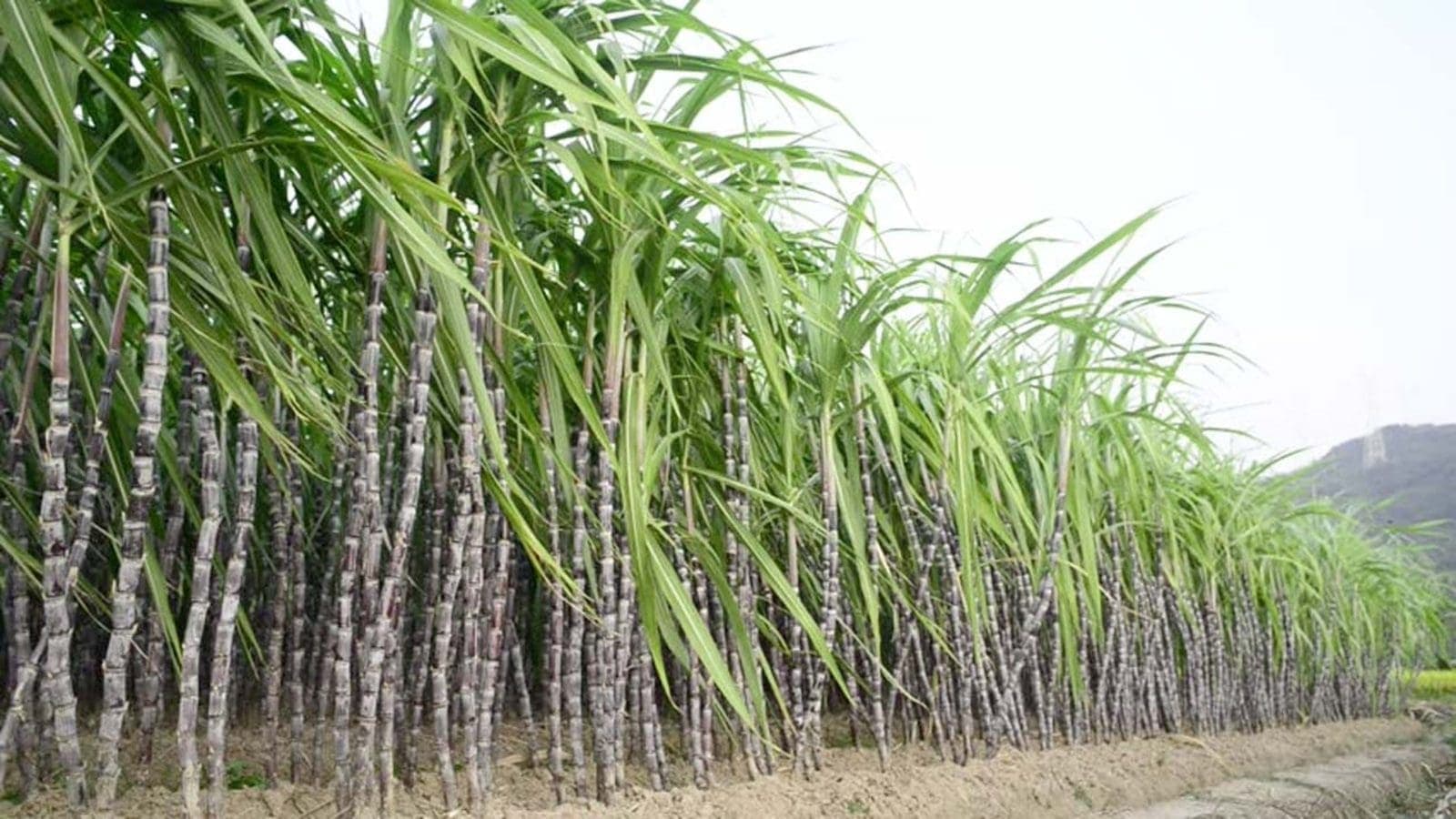We're loading the full news article for you. This includes the article content, images, author information, and related articles.
The Kenyan government’s decision to close sugar mills in Western Kenya has devastated local economies and exposed deeper failures in the sector. This article examines the policy’s impact, roots of mismanagement, and what meaningful reform must entail.

Byline: Western Kenya –
In a sweeping move billed as part of a long-overdue reform effort, the Kenyan government ordered the temporary closure of all sugar milling operations in the Western region beginning July 11, 2025. While state officials cite the need for stock audits, equipment calibration, and restructuring to revive a collapsing sector, the decision has sent shockwaves through cane-dependent communities, devastating livelihoods and raising urgent questions about policy, accountability, and equity.
What’s unfolding in the sugar belt is not just an industry story — it’s a deeper indictment of a broken economic model, decades of mismanagement, and a governance system that has repeatedly failed farmers while shielding cartels.
The Ministry of Agriculture’s directive to shut down mills in Nzoia, Mumias, Chemelil, Muhoroni, and Sony Sugar for three months was framed as a necessary reset. Officials claimed the move would allow for a full audit of cane stock, recalibrate factory machinery, and eliminate ghost deliveries — long exploited by sugar cartels and corrupt insiders.
Yet local leaders, unions, and farmers describe the shutdown as abrupt, poorly coordinated, and economically devastating. With no clear transition plan or safeguards for affected families, critics argue the state has prioritized technical fixes over social impact.
“You cannot diagnose a sick patient and treat them by cutting off their oxygen,” said Peter Barasa, a cane farmer in Bungoma. “We are being punished for the government’s own failure to regulate this sector.”
The sugar sector directly and indirectly supports over 6 million Kenyans, particularly in the counties of Kakamega, Bungoma, Busia, Kisumu, Homa Bay, and Migori. With factories closed, tens of thousands of farmers now face a complete loss of income, while casual laborers, transporters, mill workers, and small-scale vendors who depend on cane supply chains have been left stranded.
Local economies are already feeling the crunch. Supermarkets in Mumias and Butere report falling sales. Rent arrears are piling up. Some schools have noted rising absenteeism among children from affected families.
“In Kakamega, sugar is not just a crop — it is the currency of life,” said Linet Odhiambo, a primary school teacher. “When mills stop, everything stops.”
The crisis in Kenya’s sugar industry is not new. For years, state-owned mills have hemorrhaged cash, bogged down by political interference, bloated payrolls, outdated machinery, and chronic underinvestment. Despite numerous bailouts — most recently the 2023 KSh 2.2 billion injection into Mumias — performance has continued to decline.
Investigations by the Auditor General and the Agriculture Committee of Parliament have repeatedly flagged phantom cane deliveries, inflated procurement, and irregular leasing arrangements that benefit private interests over farmers. Yet prosecutions remain elusive.
The 2025 closures, many argue, are a convenient smokescreen — an attempt to reboot the system without first dismantling the elite networks profiting from its collapse.
“We can’t reform sugar by bypassing the truth,” said Prof. Edward Oyugi, an agricultural economist. “Until you break the grip of the cartels and hold public officials accountable, you’re just rearranging deck chairs on a sinking ship.”
Western Kenya has long been a strategic political bloc. The sugar economy — and its repeated collapse — is seen by many as emblematic of the region’s marginalization.
Leaders from across the political divide, including ODM, UDA, and county governors, have accused the national government of neglect and high-handedness. Some have warned that the closures, timed amid national unrest over taxation and public spending, risk further alienating the region’s youth — many of whom already feel excluded from the national economic agenda.
“This isn’t just about sugar. It’s about trust,” said Governor Fernandes Barasa of Kakamega. “You cannot destabilize an entire region’s economy and call it reform.”
If the goal is to truly revive the sector, agricultural policy experts insist reforms must go beyond audits and shutdowns:
Establish a transparent, farmer-centered payment system with real-time tracking of cane deliveries.
Upgrade factory infrastructure using public-private partnerships, while ensuring ownership structures remain locally accountable.
Enforce clear regulations to eliminate ghost farmers and tackle cartels.
Expand diversification efforts, including ethanol and electricity cogeneration from sugarcane waste.
Above all, any restructuring must center the people who make the industry run — not treat them as casualties of technocratic decisions.
At Streamline Feed, we believe in putting the public’s interest first — not spinning state narratives or protecting entrenched power. The mainstream media has largely framed this crisis around efficiency, ignoring the pain of farmers and workers now left with no safety net.
Our approach rejects the distraction of conventional advertising and elite editorial capture. Instead, we tell the full story, giving voice to communities and challenging systems that no longer serve the people.
Because economic justice is not a headline — it’s a lived reality.
Keep the conversation in one place—threads here stay linked to the story and in the forums.
Sign in to start a discussion
Start a conversation about this story and keep it linked here.
Other hot threads
E-sports and Gaming Community in Kenya
Active 9 months ago
The Role of Technology in Modern Agriculture (AgriTech)
Active 9 months ago
Popular Recreational Activities Across Counties
Active 9 months ago
Investing in Youth Sports Development Programs
Active 9 months ago
Key figures and persons of interest featured in this article